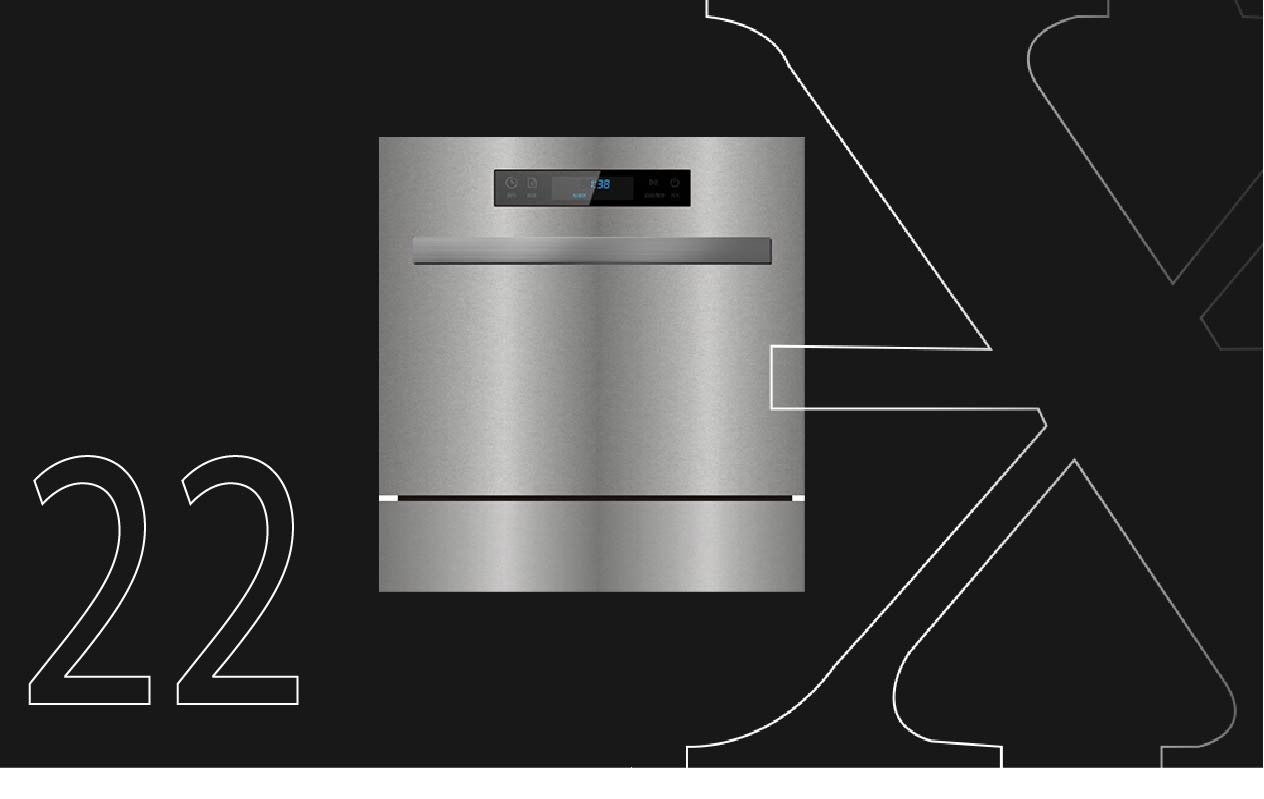
dishwasher in Pakistan
A dishwasher is a machine for cleaning dishware and cutlery. Imagine not having to scrub your plates and glasses by hand after every meal. That’s what a dishwasher does for you. You just put your dirty dishes inside, add some special soap, and the machine does the rest. It sprays hot water and soap over the dishes, then rinses them with clean water. After that, it dries the dishes with warm air. So, you end up with clean, dry dishes without any hard work. It’s like having a helpful robot in your kitchen that takes care of one of the most boring chores!
How to use dishwasher?
A dishwasher is a clever kitchen appliance that takes care of dirty dishes with minimal effort from you. Here’s how it works: To clean dishes, you put them in a machine called a dishwasher. You add a special soap, close the door, and start it. The machine gets water on its own makes it hot, and mixes it with the soap. Then, it sprays the soapy water on the dishes to clean them. After that, it gets rid of the dirty water and rinses the dishes with clean water. If you want, the dishwasher can also dry the dishes with warm air. So, when the machine is done, your dishes are all clean and ready to use again. This machine is really handy for cleaning lots of dishes quickly.
How to load dishwasher?
Loading a dishwasher correctly is key to ensuring your dishes come out clean and undamaged. Start by scraping off any large food particles from your dishes. It’s not necessary to pre-rinse them. Modern dishwashers and detergents are designed to handle a certain amount of residue. Place larger items like pots, pans, and baking sheets on the bottom rack, facing downwards and inwards to allow water to circulate. Plates should be loaded vertically and facing the center, where the spray arms can reach them best. Bowls can be placed on both the top and bottom racks, angled for better cleaning. When it comes to cutlery, forks and spoons should have their handles down, while knives should be placed with handles up for safety. Mix up the utensils to prevent them from nesting and blocking water flow. Glasses and cups go on the top rack to prevent them from breaking. They should be placed between the tines, not over them, to avoid water spots. Plastic items should also be on the top rack, away from the heating element to prevent melting. Lastly, ensure that nothing blocks the spray arms and that the detergent dispenser can open freely.
Advantages of Dishwasher
Here are some easy-to-understand points highlighting the advantages of using a dishwasher:
- Time-Saving: Dishwashers can clean a large load of dishes with the press of a button, saving you from the time-consuming task of handwashing.
- Convenience: With a dishwasher, there’s no need to stand at the sink for long periods. Just load the dishes and let the machine do the work.
- Hygiene: Dishwashers use hot water to sanitize dishes, killing more bacteria than handwashing.
- Efficiency: They are designed to use water and energy more efficiently than washing dishes by hand, which can lead to savings on utility bills.
- Suitable for Busy Lifestyles: For those with hectic schedules, dishwashers offer a quick and easy way to handle dirty dishes.
- Better Cleaning: Dishwashers often provide superior cleaning performance, especially for stubborn food residue.
- Safe for Delicate Items: Many dishwashers have settings for delicate items, reducing the risk of damage.
- Keeps Kitchen Tidy: Dishwashers can help keep countertops clear and reduce clutter.
FAQS
· How does a dishwasher work?
- A: It sprays hot water, typically between 45 and 75 °C (110 and 170 °F), at the dishes, with lower temperatures used for delicate items.
· What detergent should I use?
- A: You can use tablets, powder, or liquid detergents specially formulated for dishwashers.
· Can I put pots and pans in the dishwasher?
- A: Yes, most pots and pans are dishwasher safe, but check the manufacturer’s recommendations.
· Is it okay to mix stainless steel and silver in the dishwasher?
- A: It’s best to avoid this as it can cause a reaction that might damage silver items.
· How do I load a dishwasher?
- A: Place the dirtiest side of the dishes facing the spray arms, and don’t block the spray with large items.
· How full can I pack my dishwasher?
- A: Pack it full but not overcrowded, so water can circulate to clean all surfaces.
· How often should I clean my dishwasher?
- A: Clean the filter regularly and do a deep clean every few months to prevent odors and maintain efficiency.
· What items should not go in the dishwasher?
- A: Delicate glassware, sharp knives, nonstick pans, and wooden utensils should be washed by hand.
